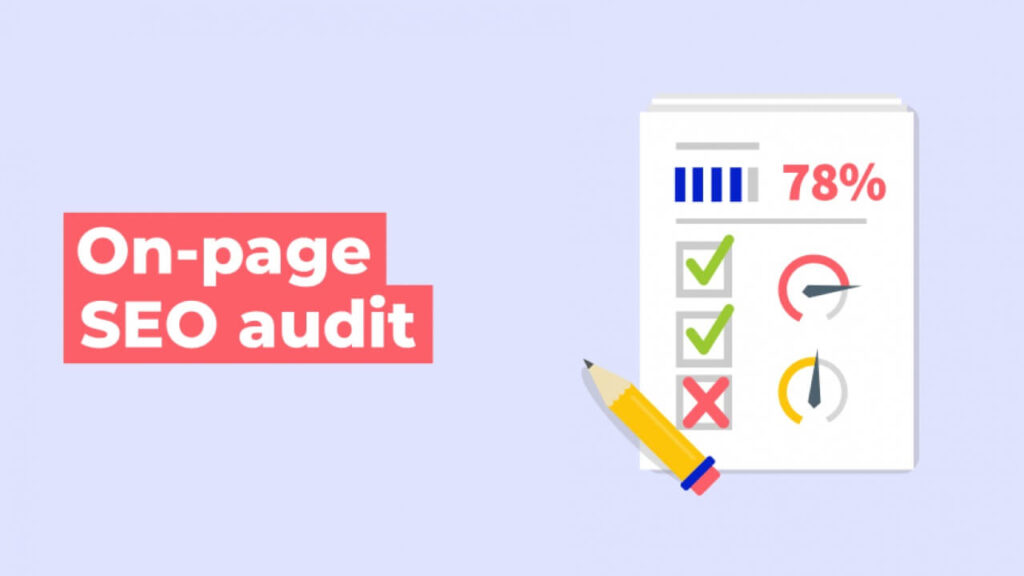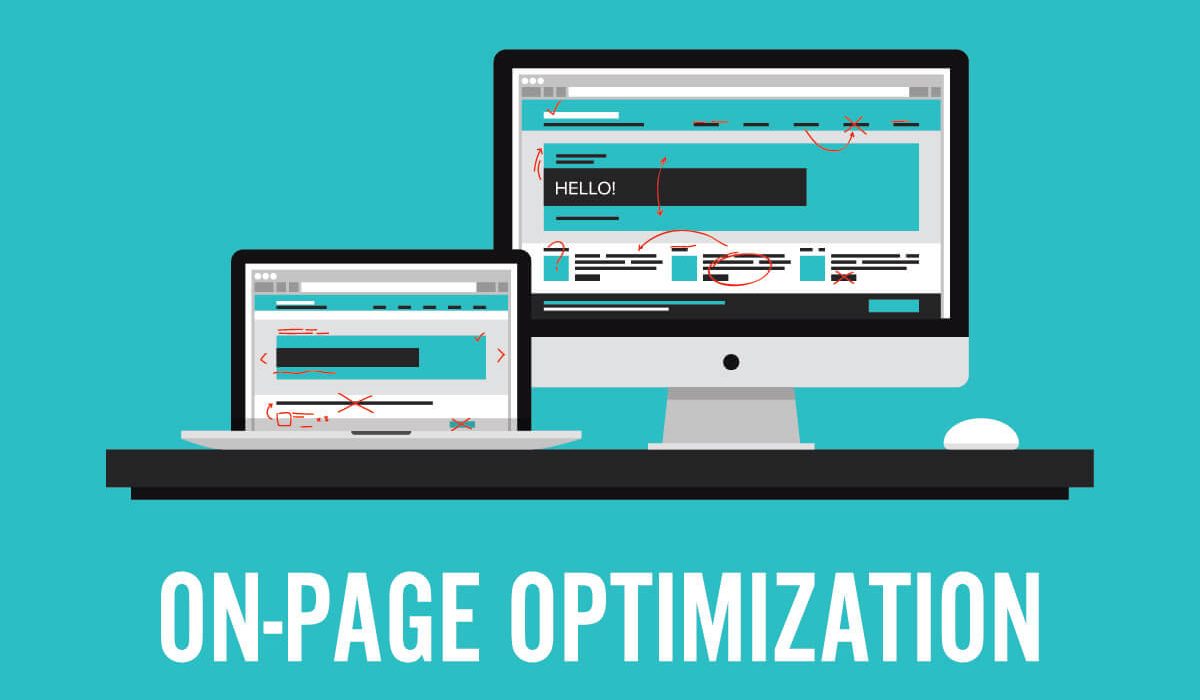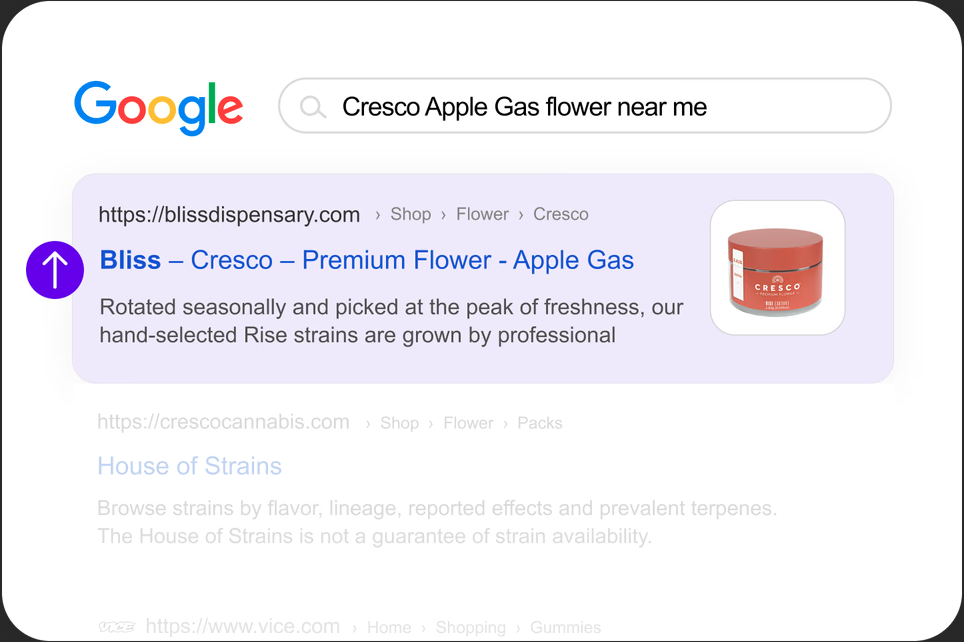Two major aspects of SEO for websites are off-page and on-page SEO. While off-page SEO focuses on things outside your control, on-page SEO deals with what happens inside your site.
Both of them are essential to ranking better on SERPs. However, if you don’t deploy on page SEO techniques, you stand little chance of getting it right with off-page SEO. When people talk about improving their website to rank better for targeted keywords, they’re referring to on-page SEO.
This article explores on-page SEO, its elements, and its benefits for your website. Check it out.
What Is On-Page SEO?
On-page SEO services optimize your web pages to get better ranking results during organic searches. It deals with everything about your website that is in your control to optimize for SEO performance.
Poor on page SEO services will lead to depleted leads, increased bounce rates, fewer sales, and even the likelihood of being flagged or penalized by search engines.
On page SEO involves optimizing your website’s HTML code, internal linking, meta data, web design, and web content – all of which can impact your website’s visibility on SERPs. Search engines place emphasis on on-page SEO as a ranking factor.
What Are Benefits of On Page SEO?
On page SEO comes with several benefits for your website. They include:
● Better rankings in SERPs. On-page SEO services include creating high-quality content and optimizing it to rank for targeted keywords competitively. Without on page SEO, it is difficult for your website to appear on organic searches.
● Better crawling and indexing. Search engines will only display your web pages if they understand what it’s all about. With on page SEO, they can understand, crawl, and index your web pages accordingly.
● Improved local search. Another benefit to this particular SEO is that it gives you better visibility for your business. If your business deal with a local audience, it makes sense to appear in local searches. It can only be possible with on-page SEO services.
● Increased web traffic. When your web pages are optimized for organic searches, you will begin to receive traffic. You can track your website activity using analytic tools like Google Search Console and Google Analytics.
● Lower bounce rates. Website owners want people to interact with their web content and fulfill several objectives. If your website isn’t optimized, people will leave after they land on your website.
● Faster website speed. On-page SEO also improves your website loading speed, improving user experience. In fact, page loading speed is a ranking factor on Google.
● Mobile optimization. Most people who will interact with your web content are smartphone users. On-page SEO services also involve optimizing your website for mobile-friendliness.
● Increased conversion rates. The aim of every website admin is for people to fulfill brand objectives. It could be ordering a product, downloading a whitepaper, or subscribing to a newsletter. On-page ensures that these objectives are seamlessly done.
● Long-term web page value. It also improves the value of your web pages on SERPs. You will earn several backlinks from other websites if your pages are highly valued.
What are the On Page SEO Factors?
Now that you know that on-page SEO is important for your website, what are some of the on page SEO factors to consider?
● E-A-T. It stands for expertise, authoritativeness, and trustworthiness. Your website should fulfill these elements to rank better in organic searches.
● Target keywords. This is the foundation of your website content. Thus, your website should feature the target keywords to be used – either in the meta data, heading, or body of the text.
● SEO writing. Your website copy should be optimized for SEO. After conducting keyword research, you should incorporate those keywords into your web content. It is essential to keep your content simple and easy to read.
● Visual assets. Your web content should feature infographics, videos, and images to make the content appealing to visitors.
● HTML. HyperText Markup Language is the coding language used to structure your web content.
● Geotagging. If your website services a local audience, geotagging your content makes it easy for people to find it.
● Responsive design. Your website needs to be optimized for mobile devices and PCs.
● Links. Inbound, outbound, and internal links are essential for your website’s visibility.
On Page SEO Elements
On-page SEO consists of several elements contributing to your website’s performance during organic searches. These on-page SEO elements are equally important. They include:
Meta Data
Meta data (or meta tags) are snippets of code describing a web page’s content. It’s the first thing you see in SERPs when you type in a query. These tags do not appear on the web page when you open them. It is only available on the HTML source and can be seen on SERPs.
There are different types of meta tags available:
● Meta title. Search engines view this as the title of your web page. It appears at the top of the SERPs. Your meta title should be optimized for the target keyword and user-friendly simultaneously.
● Meta description. This describes what your page is all about. It highlights some of the key answers users may be looking for, which will inspire them to click and read the rest of the content.
● Meta robots. These bots give search engines pointers on what to index and what not to.
On-Page Content
Content is King. What makes your website stand out from others is the content displayed on your web pages. Thus, it is essential to publish authentic, high-quality content that is compelling and engaging to your target audience.
Your content should also be optimized for target keywords, so that engines can understand what your website is all about. People will find your content useful when it provides answers to their questions.
Focus on quality rather than quantity.
Site Structure and Internal Links
Site structure and internal links are heavily underrated in on-page SEO. You need to ensure that all your web pages are properly interlinked, which will increase the chances of ranking your pages.
Your site structure should also be optimized for smooth navigation. People who land on your website and find different sections easily will always come back.

How to Do On Page SEO Audit
There are several steps to deploy in performing an SEO audit. These steps include:
● Perform keyword research
● Understand the keywords your competitors are ranking for.
● Check your website’s indexed URLs.
● Analyze your website loading speed.
● Confirm if your website is mobile-friendly.
● Cleanup and submit a new sitemap.
● Remove duplicate content.
● Track your website performance using analytics tools.
How to Improve On Page SEO
After performing an SEO audit of your website, how do you improve your on-page SEO? Follow these tips below:
● Publish high-quality content.
● Update your content regularly.
● Optimize your meta tags.
● Optimize your website for faster loading.
● Make your site mobile-friendly.
● Make your web pages attractive to receive backlinks from other websites.
Dispensary Growth On-Page SEO Services
Dispensary Growth is your one-stop destination for improving your on-page SEO for better visibility, lead generations, sales, and other benefits. We have a team of professionals who will perform a comprehensive SEO audit and improve your ranking on organic searches.
Reach out to us to see how we can help competitively promote your website in ways you never imagined.




